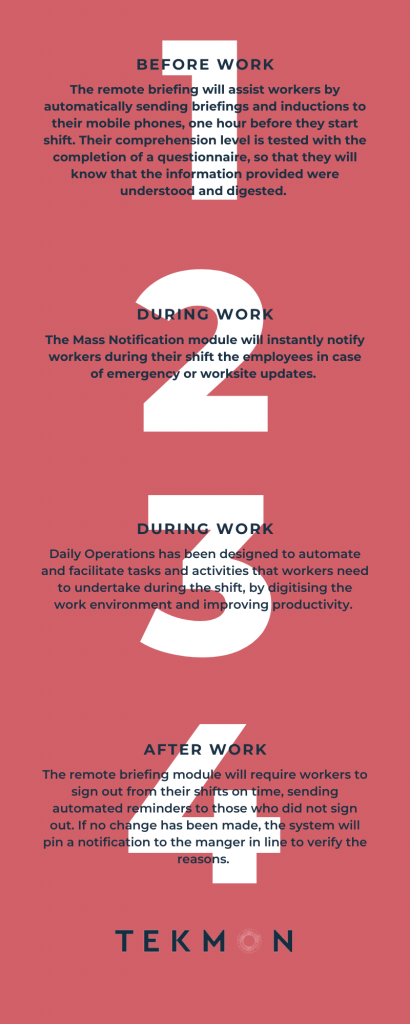In a world where technology is quickly advancing, it is normal to ask how digitisation will impact our jobs.
According to Leeds University , there are two possible scenarios. In a utopian world, technology and humans will work side by side, completing the tasks the other cannot achieve. However, the other scenario is part of a dystopian world, where robots replace humans in our jobs, and that no job is safe from automation.
Currently, it is impossible to predict the right scenario. However, it is fair to agree that so far technology has created as many jobs as it replaced. Let us think about Charlie and the Chocolate factory. Charlie’s father was working for a toothpaste company, until they replaced his job with an automated machine. What happened next? The company hired him again. Only this time, it was an upskilled role (with higher pay) to fix the machine that replaced him.
Jobs are the organisation of smaller tasks. There are some tasks that can be performed by machines whilst others that can only be completed by human intervention.
The argument that many of us focus on is “if” technology will replace jobs. However, digitisation can and already has, changed the way people work. A good example is the COVID-19 pandemic. Before the pandemic employees went to the office every day. However, during lockdown people were ‘required’ to turn to technology to keep doing their work efficiently. In this most recent example, technology has helped us adapt and remain relevant in a changing world. It has helped us to continue making an earning and upskilled us.
Digitisation in the construction industry
Although there has been progress towards digitisation, the construction industry still trails behind compared to other industries like retail and manufacturing. Due to the pandemic, some construction companies were required to implement innovative measures, introducing safety and communication technologies that still now are kept in place.

The construction industry is known to be slow when it comes to responding to changes, it is clearly illustrated by the fact that many companies still rely on endless paper trails and outdated ways of communication. Implementing new digital methods of working can be challenging for an industry that very much, still relies on traditional methods. The digitisation of an industry, is not only about changing the way of working, shifting from tradition to new, but it is about changing the culture of the industry.
The reason behind the slow adaptation of digital technologies lays in the nature of the construction work. According to McKinsey, a construction project has a multitude of different employees, self-employed workers and suppliers that may not embrace new digital methods when they are on the job. Most site workers are apprehensive when adopting new technologies and are quick to abandon them. There are different reasons to why this scenario keeps happening in the construction industry. It might be because staff fear of replacement by robotics or because they genuinely do not see the value in using digitised methods of working.
The secret is to understand the pain points of your construction company and adopting the right technology to help improve operations. It is also up to the leadership team of an organisation to inspire and deliver a vision that is embraced and understood, making staff confident that technology will help them be more valuable to the organisation and not less. It will result in workers feeling more confident about digitisation and embracing the idea.
Tekmon’s Solution
The purpose of the company is to help upskill workers and enhance their value by adopting new ways of working. Tekmon has already helped thousands of employees on every step of their journey, from well-being and safety to job satisfaction.

Most companies in the construction industry have started or are starting to embrace digitisation and are determined to see their productivity grow. However, there are still companies who lag and struggle with embracing new technological culture.
Implementing digital transformations before the competition has also been proven to give a considerable competitive advantage. The reality is that digitisation is not a phase, it will only further evolve.
Sources:
McKinsey&Company: https://www.mckinsey.com/business-functions/operations/our-insights/decoding-digital-transformation-in-construction
McKinsey&Company: https://www.mckinsey.com/business-functions/operations/our-insights/imagining-constructions-digital-future
Leeds University Business School: https://network.business.leeds.ac.uk/digitalisation-and-the-future-of-work/

